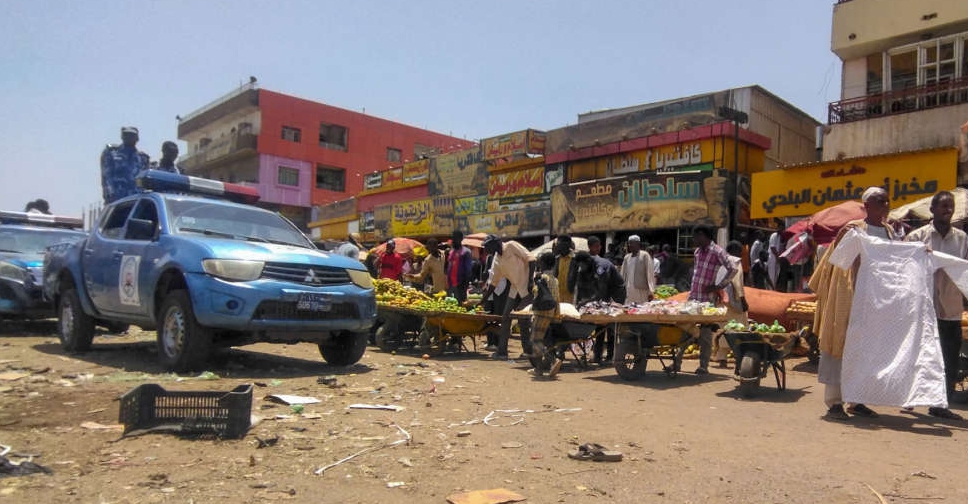
Clashes, artillery fire and air strikes surged in Sudan's capital on Sunday, witnesses said, as a war between rival military factions that has displaced 2.5 million people and caused a humanitarian crisis entered its 11th week.
Witnesses also reported a sharp increase in violence in recent days in Nyala, the largest city in the western Darfur region. The UN raised the alarm on Saturday over ethnic targeting and the killing of people from the Masalit community in El Geneina in West Darfur.
Khartoum, the capital, and El Geneina have been worst affected by the war that broke out on April 15 between Sudan's army and the paramilitary Rapid Support Forces (RSF), though last week tensions and clashes escalated in other parts of Darfur and in Kordofan, in the south.
Fighting has intensified since a series of ceasefire deals agreed at talks led by the US and Saudi Arabia in Jeddah failed to stick. The talks were adjourned last week.
Residents in the three cities that make up the wider capital - Khartoum, Bahri and Omdurman - reported fierce fighting from Saturday evening, continuing into Sunday morning.
The army, led by Abdel Fattah al-Burhan, has been using air strikes and heavy artillery to try to dislodge the RSF led by Mohamed Hamdan Dagalo, known as Hemedti, from neighbourhoods across the capital.
In Nyala, a city that grew rapidly as people were displaced during the earlier conflict that spread in Darfur after 2003, witnesses reported a marked deterioration in the security situation over the past few days, with violent clashes in residential neighbourhoods.
There was also fighting between the army and the RSF last week around El Fashir, capital of North Darfur, which the UN says is inaccessible to humanitarian workers.
In El Geneina, which has been almost entirely cut off from communications networks and aid supplies in recent weeks, attacks by militias and the RSF have sent tens of thousands fleeing over the border to Chad.
On Saturday, UN Human Rights spokesperson Ravina Shamdasani called for safe passage for people fleeing El Geneina and access for aid workers following reports of summary executions between the city and the border and "persistent hate speech" including calls to kill the Masalit or expel them.
Of those uprooted by Sudan's conflict, nearly 2 million have been displaced internally and almost 600,000 have fled to neighbouring countries, according to the International Organization for Migration.

 UK inquiry finds 'chilling' cover-up of infected blood scandal
UK inquiry finds 'chilling' cover-up of infected blood scandal
 Iranian President Raisi killed in helicopter accident, state media says
Iranian President Raisi killed in helicopter accident, state media says
 ICC prosecutor seeks arrest warrants for Israeli, Hamas leaders
ICC prosecutor seeks arrest warrants for Israeli, Hamas leaders
 Assange given permission to appeal against US extradition
Assange given permission to appeal against US extradition
 Israel intends to broaden Rafah sweep, Defence Minister tells US
Israel intends to broaden Rafah sweep, Defence Minister tells US




